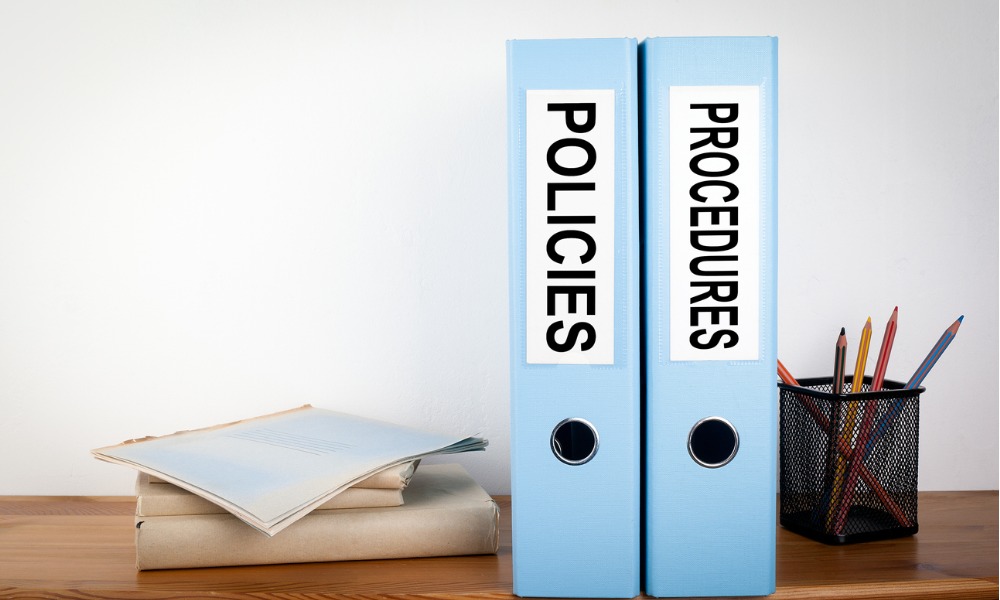
Board to 'carefully consider' impact on employees, requires employers to 'narrowly tailor' rules

Stericycle, Inc. and Teamsters Local 628 overrules Boeing Co. (2017), which was later refined in LA Specialty Produce Co. (2019), according to the board.
Under Sections 7 and 8(a)(1) of the National Labor Relations Act (NLRA), employers are constitutionally forbidden from preventing workers from organizing, speaking with unions, negotiating on their own terms, or any other actions to unite for mutual aid.
The Board had previously invited parties and amici to submit briefs addressing whether it should reconsider the Boeing standard.
In Stericycle, the Board explained the primary problem with the Boeing and LA Specialty Produce standard.
“Boeing gave too little consideration to the chilling effect that work rules can have on workers’ Section 7 rights,” said NLRB chair Lauren McFerran, in a statement.
“Under the new standard, the Board will carefully consider both the potential impact of work rules on employees and the interests that employers articulate in support of their rules. By requiring employers to narrowly tailor their rules to serve those interests, the Board will better support the policies of the National Labor Relations Act.”
The NLRB said in the Aug. 2 decision that it has “decided to adopt an approach to assessing facial challenges to employer work rules under Section 8(a)(1) that builds on and revises the Lutheran Heritage standard.”
Why? The standard from Boeing and LA Specialty Produce “permits employers to adopt overbroad work rules that chill employees’ exercise of their rights under Section 7 of the Act, which include the ‘right to self-organization, to form, join, or assist labor organizations, to bargain collectively… and to engage in other concerted activities for the purpose of collective bargaining or other mutual aid or protection,’” said the board.
The decision acknowledges an important distinction in the previous framework, which relied heavily upon the assumption that a “reasonable employee” would be unlikely to misinterpret ambiguous rules such as bans on “abusive” or “threatening” conduct.
The NLRB states that this assumption is faulty, as it disregards the nuanced perspective of an employee who might be contemplating Section 7 of the Labor Act.
“We clarify that the Board will interpret the rule from the perspective of an employee who is subject to the rule and economically dependent on the employer, and who also contemplates engaging in protected concerted activity,” the Board’s decision read.
“Consistent with this perspective, the employer’s intent in maintaining a rule is immaterial. Rather, if an employee could reasonably interpret the rule to have a coercive meaning, the General Counsel will carry her burden, even if a contrary, noncoercive interpretation of the rule is also reasonable. If the General Counsel carries her burden, the rule is presumptively unlawful, but the employer may rebut that presumption by proving that the rule advances a legitimate and substantial business interest and that the employer is unable to advance that interest with a more narrowly tailored rule. If the employer proves its defense, then the work rule will be found lawful to maintain.”
As a final adjustment to the 2017 rules, the NLRB said it will return to assessing work rule challenges on a case-by-case basis, rescinding the general categories created by the Boeing decision that held some rules to be always lawful regardless of any particular circumstances.
Under those rules, for example, the Boeing decision, which found limiting employee cell phone use to be lawful – in that one specific case involving national security – any cell phone-limiting rule by any employer would also be ruled as lawful.
This new framework will allow the Board to balance employer and employee interests equally with every subsequent case.